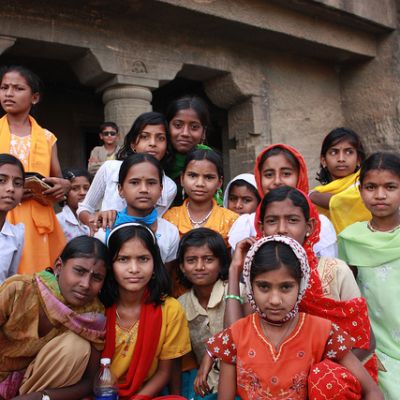class
Watching K3G with my students brings forward new ways of understanding how concepts like socioeconomic class, gender, sexuality, and diasporic imaginaries are embedded with subtle messages of morality and longing and how these messages are ingrained in our Bollywood viewing experiences.
Choices about life, relationships and desires are all defined based on socio-economic background, caste, class, gender and sexuality. When these young girls found a comfortable and safe space, they openly talked about their desires and experiences and how they negotiated their existing environments in order to pursue their desires.
A methodological approach to the study of memory and sexuality helps delineate interesting connections between the two: memory as a methodological tool for the study of sexualities, memory as an object of study, and the role of personal memory in the formation of individual sexualities.
Kamal Hassan has come to be quite a literal poster boy of all anti-caste memes lately. To reminisce about the…
Accessibility begins with access, enabled or denied, to concepts and ideas. At the core, beyond the architecture of the real and virtual worlds, it is about the architecture of the ways in which this access is broadened, to not only accommodate, but to nurture, the myriad expressions of human minds and bodies.
Language is central to how we think about concepts and ideas, and rights-based language matters enormously when we talk about sexuality. However, much of what many of us know about sexuality-related topics is constructed, explained and communicated solely in English.
Feminist critiques are often critiques of relationship structures: marriage, the joint and nuclear family, monogamy, and heteronormativity. Patriarchy, fundamentally a system of inheritance, finds a natural home in these structures.
This is why I’ve often wondered: how do feminists imagine and navigate romantic relationships? Do they have to constantly be thinking about and watching out for the many ways in which power, privilege, autonomy and entitlement manifest in their relationships and dating culture? It seems rather unromantic to do so.







